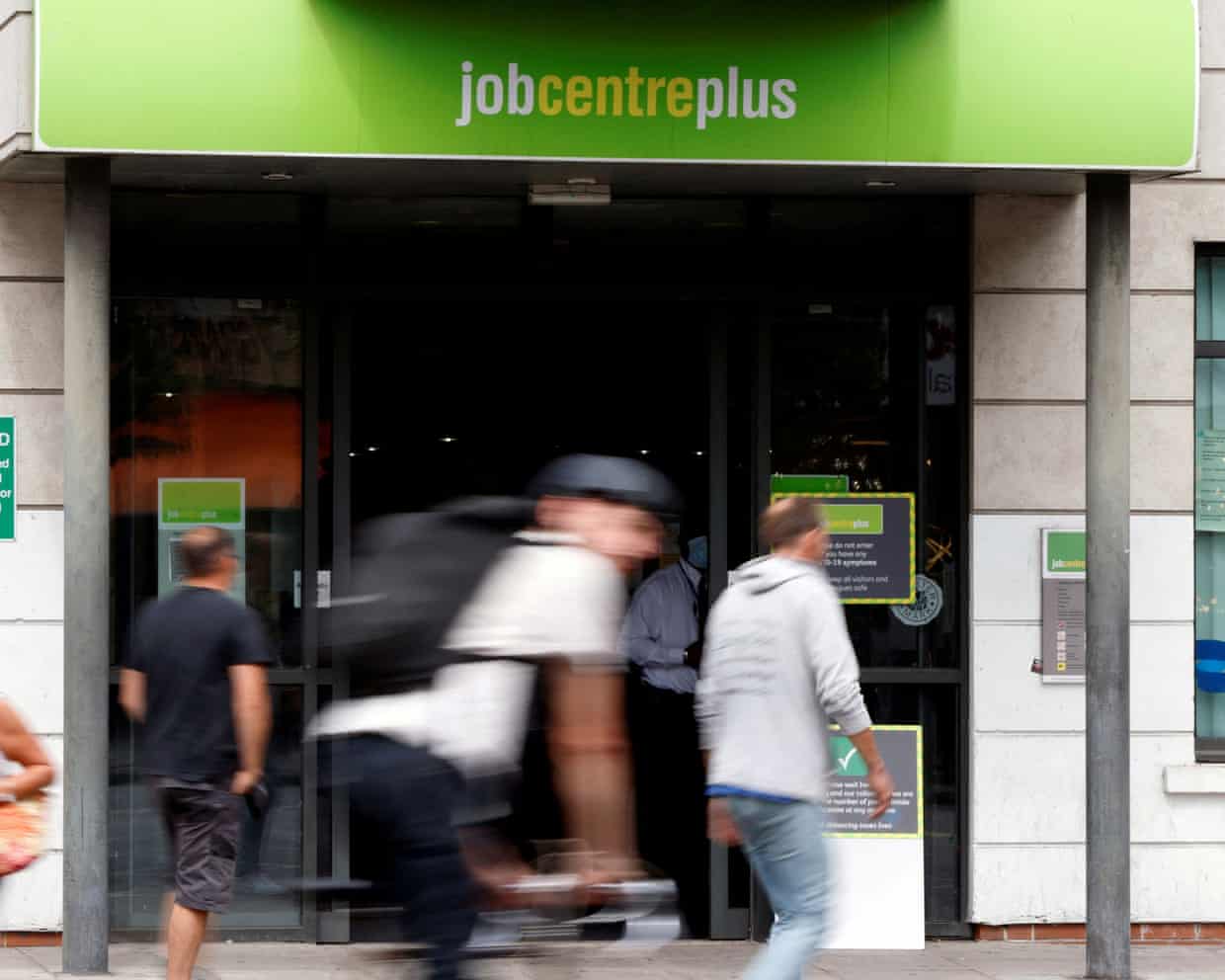Dementia risk for people who quit smoking in middle age ‘same as someone who never smoked’

People who stop smoking in middle age can reduce their cognitive decline so dramatically that within 10 years their chances of developing dementia are the same as someone who has never smoked, research has found.Kicking the habit halves the rate of decline in verbal fluency and slows the loss of memory by 20%, according to a study of 9,436 people in England, the US and 10 other European countries.The findings add to a growing body of evidence that quitting smoking can slow the rate of mental deterioration that ageing brings and thus help prevent the onset of dementia.“Our study suggests that quitting smoking may help people to maintain better cognitive health over the long term even when we are in our 50s or older when we quit”, said Dr Mikaela Bloomberg of University College London, the lead researcher.“We already know that quitting smoking, even later in life, is often followed by improvements in physical health and wellbeing.
It seems that for our cognitive health too it is never too late to quit, she added.Bloomberg and her colleagues from UCL reached their conclusions by comparing the cognitive functioning of adults aged at least 40 in the 12 countries who quit with those who kept smoking.While their performance was the same at the start, the quitters had gained substantial advantages over the smokers when their cognitive capacities were assessed over the next six years.“Individuals who quit smoking had more favourable [cognitive] trajectories following smoking cessation than continuing smokers”, they write in The Lancet Healthy Longevity.“The rate of cognitive decline was slower for smokers who quit than for continuing smokers in the period after smoking cessation.
“The results suggest the importance of smoking cessation, even in later life, for long-term cognitive health.”Although the findings do not prove cause and effect, they could provide “compelling motivation” for older smokers – who are less likely than younger age groups to try to give up – to do so, the authors added.Smoking is one of the 14 risk factors for dementia which a commission of experts assembled by The Lancet medical journal identified last year.There is growing evidence that tackling them, which include depression, drinking too much, hearing loss and high cholesterol, reduce the risk of developing dementia in the first place, they added.“The findings strengthen existing evidence that changing to a healthier lifestyle can have a measurable impact on your brain health,” said Dr Richard Oakley, the associate director of research and innovation at Alzheimer’s Society.
“We know that quitting smoking, keeping physically active, eating a healthy balanced diet and drinking less alcohol can all help reduce the risk of dementia.”The paper explains that smoking is thought to contribute to neurodegeneration by both harming cardiovascular health, by affecting blood vessels that supply oxygen to the brain, and also by causing chronic inflammation and directly damaging brain cells through oxidative stress.However, Dr Julia Dudley, the head of research at Alzheimer’s Research UK, cautioned that “the greater cognitive decline seen in smokers doesn’t mean that these people will go on to develop dementia”.Differences between the two groups in their socioeconomic background or alcohol intake may have influenced the results, she said.Caroline Cerny, the deputy chief executive at Action on Smoking and Health (ASH), said: “We’ve known for some time that smoking increases the risk of dementia and cognitive decline, but this important evidence shows that the harms can be slowed by quitting.
“It illustrates just why it is so important to stop smoking at any age, but particularly in middle age before many of the symptoms of cognitive decline will have emerged and highlights the need for sustained investment in stop smoking services.”Last month, 35% of smokers in England tried to quit and 29% of them succeeded, almost double the rate seen when records began in 2007.

Cyber-attacks rise by 50% in past year, UK security agency says
“Highly significant” cyber-attacks rose by 50% in the past year and the UK’s security services are now dealing with a new nationally significant attack more than every other day, figures from the National Cyber Security Centre (NCSC) have revealed.In what officials described as “a call to arms”, national security officials and ministers are urging all organisations, from the smallest businesses to the largest employers, to draw up contingency plans for the eventuality that “your IT infrastructure [is] crippled tomorrow and all your screens [go] blank”.The NCSC, which is part of GCHQ, said “highly sophisticated” China, “capable and irresponsible” Russia, Iran and North Korea were the main state threats, in its annual review published on Tuesday. The rise is being driven by ransomware attacks, often by criminal actors seeking money, and society’s increasing dependence on technology which increases the number of hackable targets.The chancellor, Rachel Reeves, the security minister, Dan Jarvis, and the technology and business secretaries, Liz Kendall and Peter Kyle have written to the leaders of hundreds of the largest British companies urging them to make cyber-resilience a board-level responsibility and warning that hostile cyber-activity in the UK has grown “more intense, frequent and sophisticated”

Equity threatens mass direct action over use of actors’ images in AI content
The performing arts union Equity has threatened mass direct action over tech and entertainment companies’ use of its members’ likenesses, images and voices in AI content without permission.The warning came as the union said growing numbers of its members had made complaints about infringements of their copyright and misuse of their personal data in AI material.Its general secretary, Paul W Fleming, said it planned to coordinate data requests en masse to companies to force them to disclose whether they used members’ data in AI-generated material without consent.Last week the union confirmed its was supporting a Scottish actor who believes her image was used in the creation of the “AI actor” Tilly Norwood, which has been widely condemned by the film industry.Briony Monroe, 28, from East Renfrewshire, said she believed that an image of her face had been used to make the digital character, created by the AI “talent studio” Xicoia, which has denied her claims

AI could make it harder to establish blame for medical failings, experts say
The use of artificial intelligence in healthcare could create a legally complex blame game when it comes to establishing liability for medical failings, experts have warned.The development of AI for clinical use has boomed, with researchers creating a host of tools, from algorithms to help interpret scans to systems that can aid with diagnoses. AI is also being developed to help manage hospitals, from optimising bed capacity to tackling supply chains.But while experts say the technology could bring myriad benefits for healthcare, they say there is also cause for concern, from a lack of testing of the effectiveness of AI tools to questions over who is responsible should a patient have a negative outcome.Prof Derek Angus, of the University of Pittsburgh, said: “There’s definitely going to be instances where there’s the perception that something went wrong and people will look around to blame someone

UK MPs urged to investigate TikTok’s plans to cut 439 content moderator jobs
Trade unions and online safety experts have urged MPs to investigate TikTok’s plans to make hundreds of jobs for UK-based content moderators redundant.The video app company is planning 439 redundancies in its trust and safety team in London, leading to warnings that the jobs losses will have implications for online safety.The Trades Union Congress, Communication Workers Union and leading figures in online safety have signed an open letter to Chi Onwurah MP, the Labour chair of the science, innovation and technology committee, calling for an investigation into the proposals.The letter warns the cuts could expose children to harmful content, citing estimates from the UK’s data watchdog that up to 1.4 million TikTok users are under 13

Google won’t reveal if it is lobbying Trump about YouTube’s inclusion in Australia’s under-16s ban
Google has told parliament that Australia’s under-16s social media ban will be “extremely difficult to enforce”, but won’t say if it is lobbying the Trump administration about YouTube’s inclusion ahead of Anthony Albanese’s US visit.On Monday, Google and Microsoft appeared before a Senate inquiry on a range of age assurance and verification requirements being applied to social media and other aspects of the internet including search.Google’s senior manager of government affairs and public policy in Australia and New Zealand, Rachel Lord, told the inquiry the under-16s ban – which is expected to include YouTube – will have “unintended consequences” and won’t make children safer.Sign up: AU Breaking News email“The legislation will not only be extremely difficult to enforce, it also does not fulfil its promise of making kids safer online,” Lord told the inquiry.“YouTube has invested heavily in designing age-appropriate products and industry leading content controls and tools that allow parents to make choices for their families

‘Death to Spotify’: the DIY movement to get artists and fans to quit the music app
This month, indie musicians in Oakland, California, gathered for a series of talks called Death to Spotify, where attenders explored “what it means to decentralize music discovery, production and listening from capitalist economies”.The events, held at Bathers library, featured speakers from indie station KEXP, labels Cherub Dream Records and Dandy Boy Records, and DJ collectives No Bias and Amor Digital. What began as a small run of talks quickly sold out and drew international interest. People as far away as Barcelona and Bengaluru emailed the organizers asking how to host similar events.The talks come as the global movement against Spotify edges into the mainstream

EasyJet shares jump after report of potential takeover bid

Tesco steps up UK sales as Asda struggles amid rising inflation

Young people are biggest victims of UK’s fragile jobs market

UK labour market shows signs of stabilising after job losses

UK retail sales growth cools amid fears over budget tax rises

Blair’s former policy chief Matthew Taylor to lead Fair Work Agency